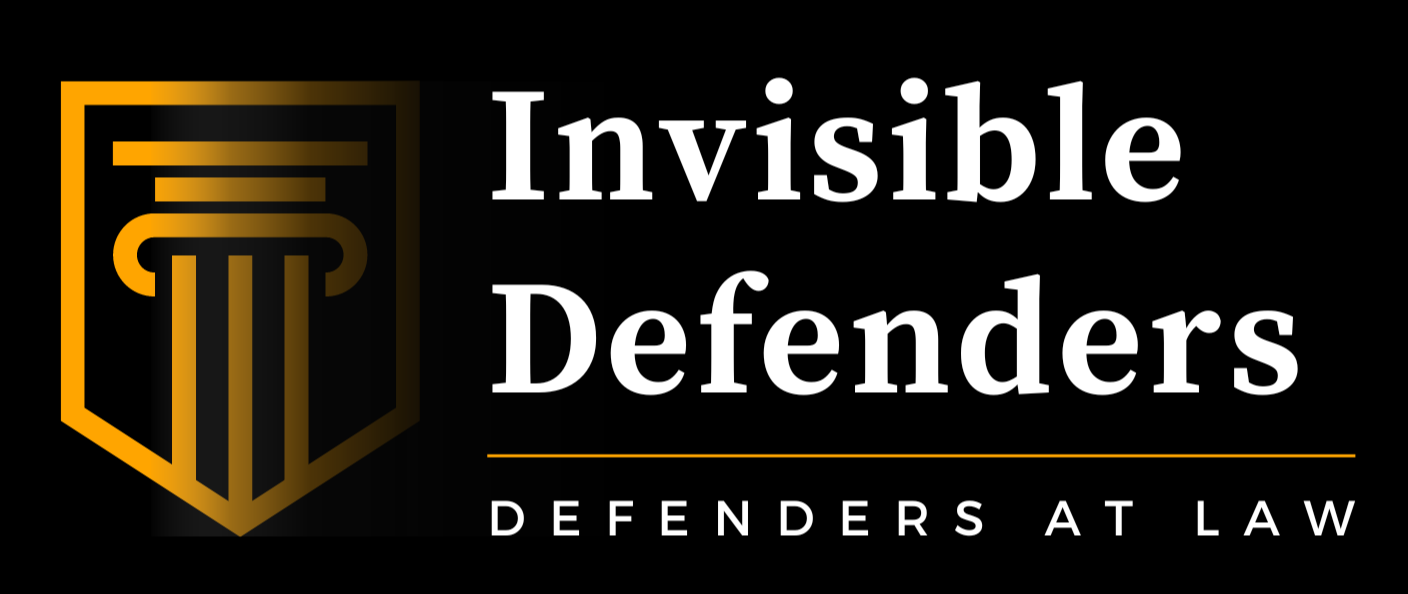
Estate planning and inheritance laws are essential for ensuring your family’s financial security. Without them, it would be difficult to protect your finances, possessions, and other assets from unforeseen events. Whether you are a new parent just starting or an older individual with a long history of property ownership, understanding estate, and inheritance laws is crucial for preserving your wealth and providing for the people you love most.
In this blog post, we’ll go over why you need an inheritance plan in place and how Estate Laws can help.
Why Do You Need an Inheritance?
An inheritance can be a very important part of your financial security, especially in retirement. It can provide you with income that can last for the rest of your life, as well as help to pay for any unexpected expenses that may come up. For example, you might face significant home renovations or unexpected health issues requiring emergency surgery in future. Sometimes, if health challenges make taking care of yourself tough, you might also have to think about senior assisted living options, like those available at bedford falls. These situations are common and often manageable within your regular expenses. But having inheritance as financial security can provide you with peace of mind.
In addition, an inheritance can also help to ensure that your loved ones are taken care of financially after you pass away. If you have significant assets, an inheritance can help to provide for your spouse or partner, children, and grandchildren.
Finally, an inheritance can also be a way to leave a legacy. You can use it to establish a trust fund or scholarship or to support a favorite charity.
How to Get an Inheritance
If you’re lucky enough to have parents or grandparents who can leave you an inheritance, there are a few things you need to know to get your inheritance. First, if the estate is small, the executor may be able to distribute the assets without going through probate. However, if the estate is larger, it will likely need to go through probate, which can take several months or even years.
Once probate is complete, the executor will distribute the assets according to the instructions laid out in the will. If you’re the beneficiary of an inheritance, you’ll need to provide proof of your identity and relationship to the deceased to receive your inheritance. You may also be required to pay taxes on your inheritance, so it’s important to consult with a tax advisor before making any decisions about what to do with your windfall.
How Can an Inheritance Impact Your Life?
If you have been left an inheritance, it can impact your life in several ways. The most obvious way is that it can provide you with a financial windfall that can improve your standard of living or allow you to pursue opportunities that you otherwise would not have been able to afford.
In addition to the financial impact, an inheritance can also have an emotional impact. If the inheritance is from a close relative, it can be a source of comfort and support during a difficult time. It can also be a source of conflict if there are disagreements over how the inheritance should be used or distributed.
Finally, an inheritance can also have tax implications. Depending on the size of the inheritance and the tax laws in your country, you may be required to pay taxes on the money you receive. These taxes can eat into your inheritance, so it is important to be aware of them before you make any decisions about how to use the money.
What to Do With Your Inheritance
If you’ve recently come into an inheritance, you may be wondering what to do with the money. While it’s tempting to spend it all at once, it’s important to think about how best to use your inheritance wisely. Here are a few suggestions:
Invest in Your Future
Use your inheritance to make wise investments that will secure your financial future. This could include investing in a solid portfolio of stocks and bonds, purchasing property, or starting your own business.
Save for Retirement
Use your inheritance to top up your retirement savings. This will ensure that you have enough money to live comfortably in retirement.
Give Back
Use your inheritance to give back to causes that are important to you. This could include donating to charities or setting up scholarships and bursaries.
Enjoy Yourself
Use your inheritance to treat yourself and those close to you. This could include taking a luxurious vacation, buying a new car, or splurging on a once-in-a-lifetime experience.
Pay Down Debts
Use your inheritance to pay off any outstanding debt. This will help you reduce your monthly expenses and save money in the long run. No matter how you choose to use your inheritance, it’s important to be careful with your spending and ensure that you make the most of your newfound wealth.
What Happens if You Don’t Have an Inheritance?
If you don’t have an inheritance, you may not be able to take advantage of certain tax benefits that can help you save money. In addition, if you die without a will or other estate planning documents in place, your assets may be distributed according to state law instead of according to your wishes. This could mean that your loved ones may not receive the inheritance that you intended for them.
Estate planning is important for everyone, even if you don’t think you have much in the way of assets. By taking the time to plan now, you can ensure that your wishes will be carried out and that your loved ones are taken care of after you’re gone.
As you can see, having an understanding of inheritance and estate laws is an important step in ensuring your assets are distributed according to your wishes. You must plan so that when it comes time for the distribution of any property or assets, there are no conflicts between family members, and everyone’s rights are respected.
By taking control now, you can save yourself from stress later. Don’t wait until it’s too late! Start learning about inheritance and estate laws today!
